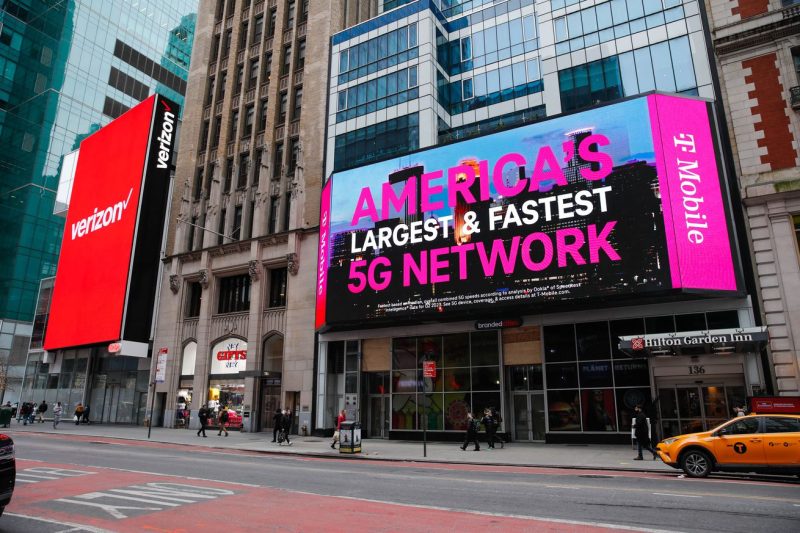In the ever-evolving landscape of the telecommunications industry, major players like Verizon and T-Mobile are constantly looking for opportunities to expand their reach and market share. One such opportunity has recently presented itself with the potential acquisition of US Cellular, a regional wireless carrier with a strong customer base in certain areas of the United States.
Verizon and T-Mobile’s interest in acquiring US Cellular can be seen as part of a larger trend in the industry, where larger companies are seeking to consolidate their power and resources to better compete with rivals and capitalize on emerging technologies. From 5G rollout to the Internet of Things (IoT) development, telecommunications companies are racing to stay ahead of the curve and provide customers with the latest innovations and services.
For Verizon, a potential acquisition of US Cellular could bring several strategic advantages. With its strong presence in rural and midwestern markets, US Cellular could provide Verizon with valuable spectrum assets and infrastructure to enhance its network coverage and capacity. This could be especially crucial as Verizon looks to expand its 5G network and deliver high-speed connectivity to more customers across the country.
On the other hand, T-Mobile’s interest in acquiring US Cellular could be driven by its desire to further disrupt the wireless market and challenge the dominance of larger competitors like Verizon and AT&T. By integrating US Cellular’s customer base and network assets into its own operations, T-Mobile could strengthen its position as a major player in the industry and accelerate its growth trajectory.
However, any potential acquisition of US Cellular by Verizon or T-Mobile would likely face regulatory scrutiny and competitive challenges. As the wireless market continues to consolidate, antitrust concerns and market competition issues could arise, prompting regulatory bodies to closely examine the potential impact of such a merger on consumer choice and pricing.
Moreover, the acquisition of US Cellular could also have implications for current US Cellular customers, who may see changes in their service plans, pricing, or network coverage as a result of the acquisition. It would be crucial for Verizon or T-Mobile to communicate effectively with US Cellular customers and ensure a smooth transition process to minimize any disruptions or dissatisfaction among existing subscribers.
In conclusion, the potential acquisition of US Cellular by Verizon and T-Mobile represents a significant development in the telecommunications industry, with strategic implications for both companies and the broader market landscape. As the industry continues to evolve and innovate, such mergers and acquisitions will play a crucial role in shaping the competitive dynamics and future growth opportunities for major players in the telecommunications sector.

